Water Filters for Backpack Hunters
If you’re going backpack hunting, you’re going to filter water at some point during your hunt. Considering that water weighs in at around 2 lbs per liter and you not only need water to drink, but water to cook with, it can add up very quickly so while you could carry all the water you need for your trip in one shot, it’s not recommended. Extra water also takes up valuable space in a pack so the more water you can filter in the backcountry, the less you have to carry with you on your back, and the more miles you can put in finding that animal of a lifetime. There are a number of different water filters on the market and a few non-filtering methods that create clean drinking water which we’ll cover in this article.
Why You Need A Water Filter For Your Backpack Hunt
Image courtesy of Jasper Gronewold @jpeg_jasper
Our modern human bodies aren’t what they used to be and the microscopic organisms lurking in the mountain streams and lakes don’t often play nice with our digestive systems. Ask anyone who’s gone a few rounds with the results of ingesting the wrong kind of water and they’ll tell you it’s not exactly something they’d want to try again. Depending on how hard it hits your system, you could be down for days on end and in some cases weeks.
Some remote mountain landscapes remain pristine with clean drinking water, but even so, it’s a good rule of thumb to filter or treat your water. It prevents parasites from hitching a ride for a few days and keeps you on the hunt rather than in your tent or behind a log. Filtering or sterilizing your drinking water comes with the territory of backpack hunting and with the right system in place, it won’t take long at all to get your fill of clean drinking water.
How to Choose a Water Filter for Your Backpack Hunt
Before you go running into your local outdoor store to buy whatever filter you see on the shelf, you first need to consider what your water environment is going to be in the backcountry. The type of water access you have and how you’re going to get it from the source to your bottle or bladder is going to determine the style of filter you’ll want. Water filters fall into two main categories; they either pump water from a source through a straw into your clean container or they squeeze water from a bag of dirty water through the filter and into a clean container.
Pump Filters
For those hunting desert landscapes or areas where water is scarce, pump-style filters tend to rule the day because you can drop the hose portion of the filter into a small pool of standing water and pump it out. As long as there’s a seep to pull water from, you can filter it. Where pumping becomes more difficult is when there is no standing pool of water to pull from. In this case, you’ll need to get creative to create a pool of water yourself to pump from.
Squeeze Filters
Squeeze filters like the Sawyer Squeeze are great for areas with large bodies of water, running streams, or anywhere you can submerge a container to fill up. They require a bag or bottle to be filled and attached to the filter in order to squeeze dirty water through it. It’s the capturing of the water into a dirty bag that becomes an issue if all you have is a small seep in the ground to pull water from. If you can’t submerge a bag to fill up or run it under a flowing stream, it’s going to be a long process and one that might not even work at all. This is where pumps come in handy.
How Much Water Do You Plan To Filter?
When choosing your backcountry water filter, you’ll also want to consider how much time it takes to filter water and how many people you’re filtering for. In general, pump-style filters tend to filter water a little quicker than squeeze filters, however, it really depends on the filter being used and the quality of water you’re pumping. That said, squeeze filters have the added benefit of being able to filter on the go such as the Sawyer Squeeze by using the attached sport cap. If you’re hot on the trail of an animal but need water and you cross a water source, you could fill up your bottle, attach the squeeze to the end, and filter as you go.
Size and space are also a factor to consider. Smaller filters like the Sawyer Mini are great for one-person usage and are super-compact, however, they do clog a little easier and take longer to filter larger amounts of water so they’re not as well suited for large groups. On the other hand, larger pump-style filters are great for base camp scenarios where you may find yourself filtering for your fellow hunters. The only setback here is that they take up a little more space in the pack.
Gravity-Fed Filters
For those looking to create a backcountry basecamp to hunt from and who need to filter water for a large group, you also have the option of going with a gravity-fed system. These filters are similar to squeeze filters in that you fill a bag of dirty water and filter it through to a clean bag, however, there’s no squeezing involved. Instead, you simply hang the two-bag system up to filter using gravity as the mechanism to push water through to the clean bag. Gravity-fed filters are a great choice if you have the time to filter large amounts of water and space to do so.
Choosing the right filter for your backpack hunt really comes down to how you intend to use it, the quality of water you’ll be filtering, and your water source.
Popular Water Filters Used By Backpack Hunters
To help you narrow down your options, here is a list of commonly used water filters for backpack hunting.
Final Thoughts
Filtering water on a backpack hunt is a key ingredient to your overall success and is a skill every backpack hunter should learn. Being able to filter water in the backcountry reduces your overall pack weight, streamlines your kit, and keeps you healthy so you can keep pushing day after day. It’s up to you to determine what kind of filter you need based on how and where you hunt.
If you’re unsure of which filter to use in your area, contact a local ranger station to see what they suggest or you can also learn from other backpackers and hunters from that area and make your decisions accordingly. For any questions regarding water filters, please don’t hesitate to reach out by using the form below or joining the Backpack Hunting Only Facebook Group to ask fellow hunters what they prefer.
Emory, By Land
Thanks for stopping by the website and checking out this article! If you have any questions for me, you can leave a comment below or shoot me a personal message at emory@byland.co.
Where to Shop For Water Filters
Looking for more places to shop for filters and other gear? Give these outlets a try!



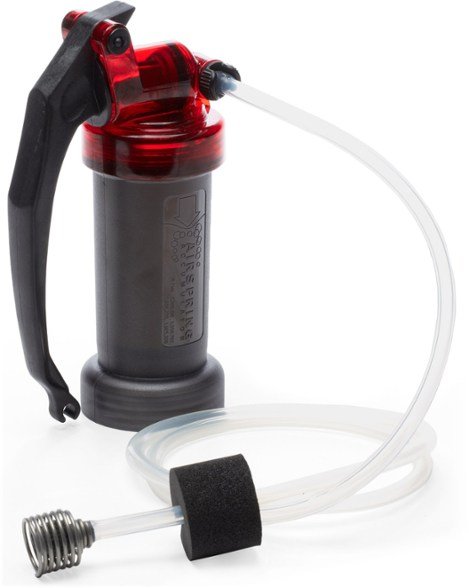

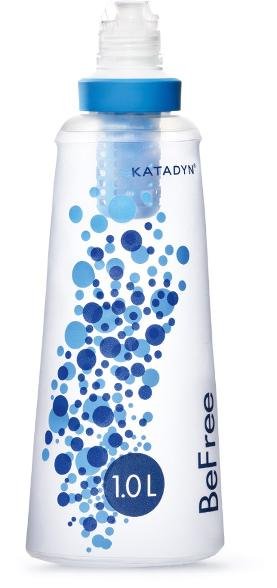
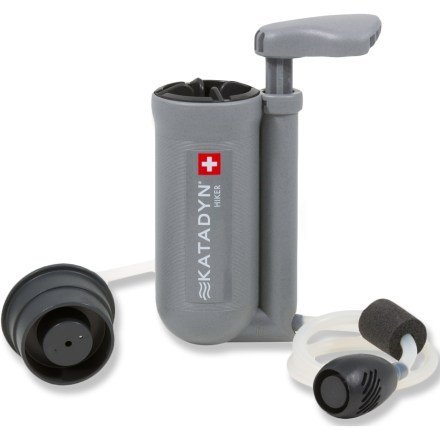

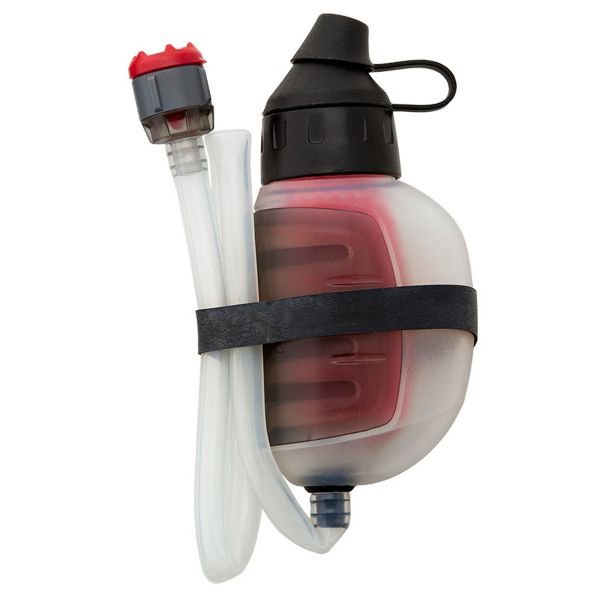
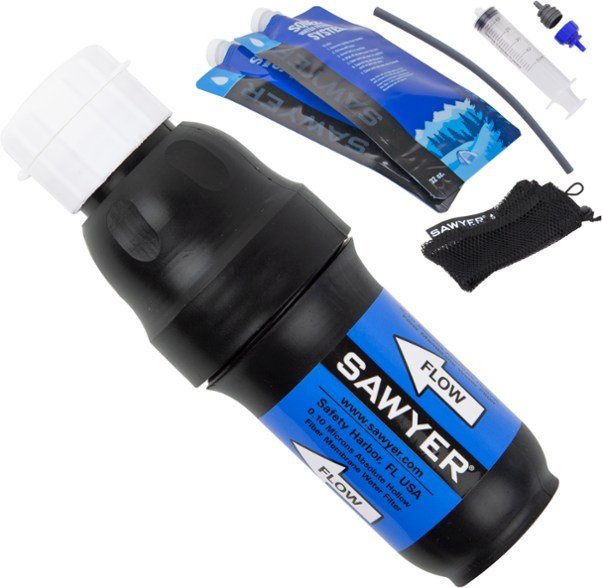
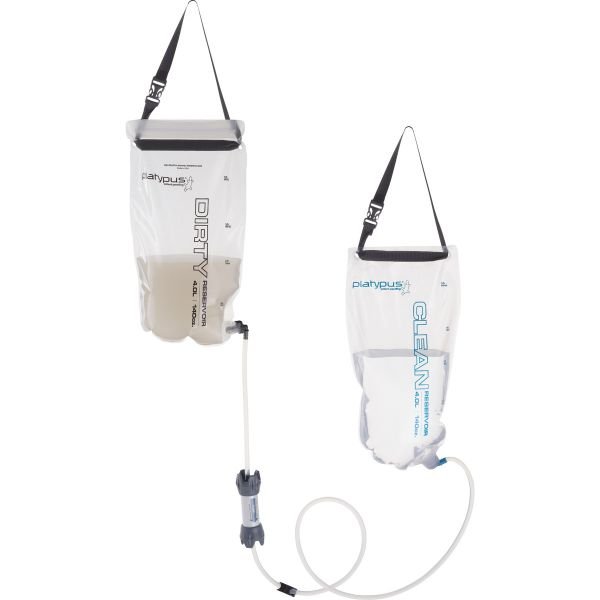
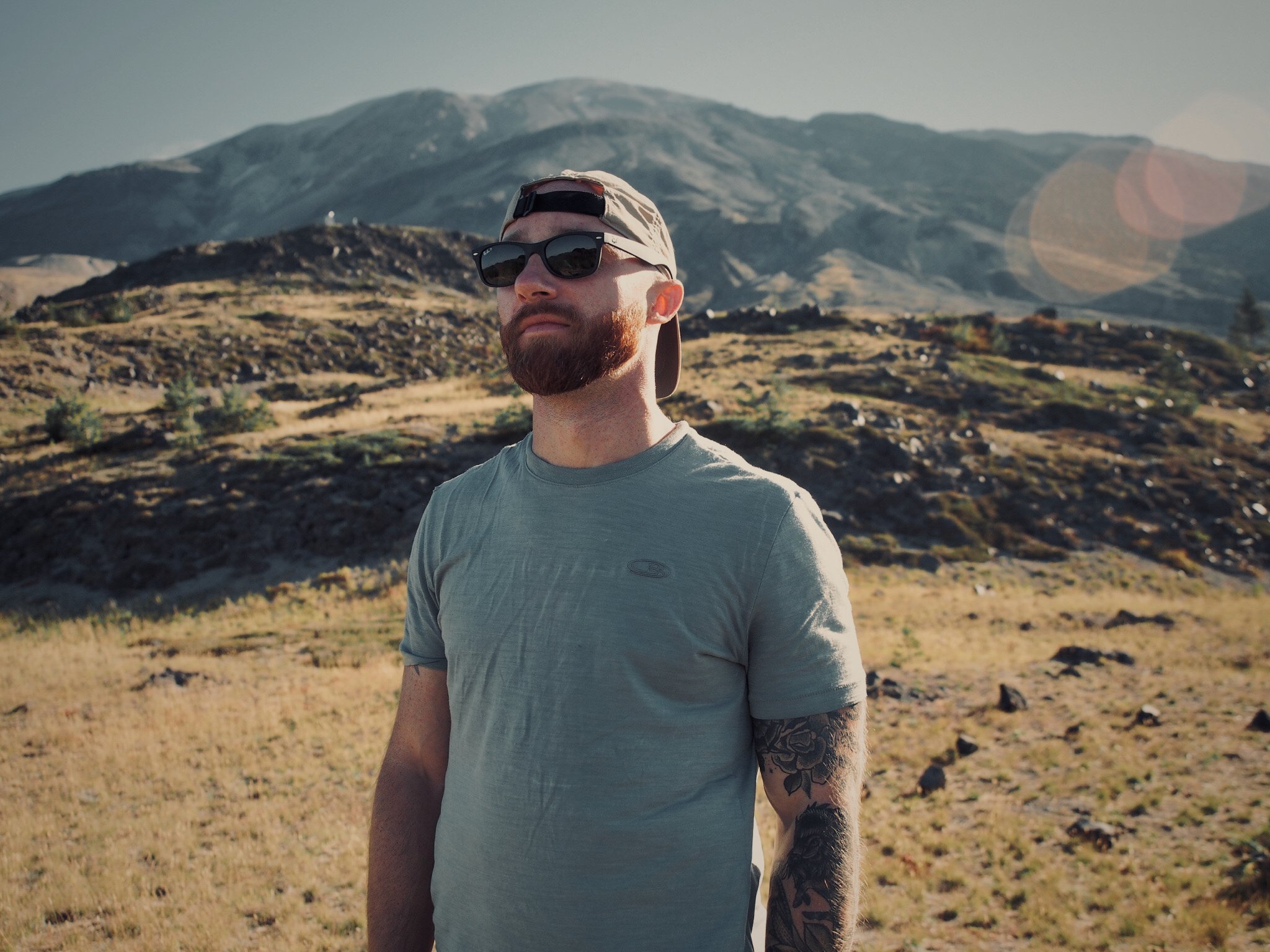








A hands-on review of the Argali Guide X Trekking Poles, tested over 40 miles on the Timberline Trail. This review includes a video walkthrough of their unique features, like a hidden thread that turns your poles into something more.